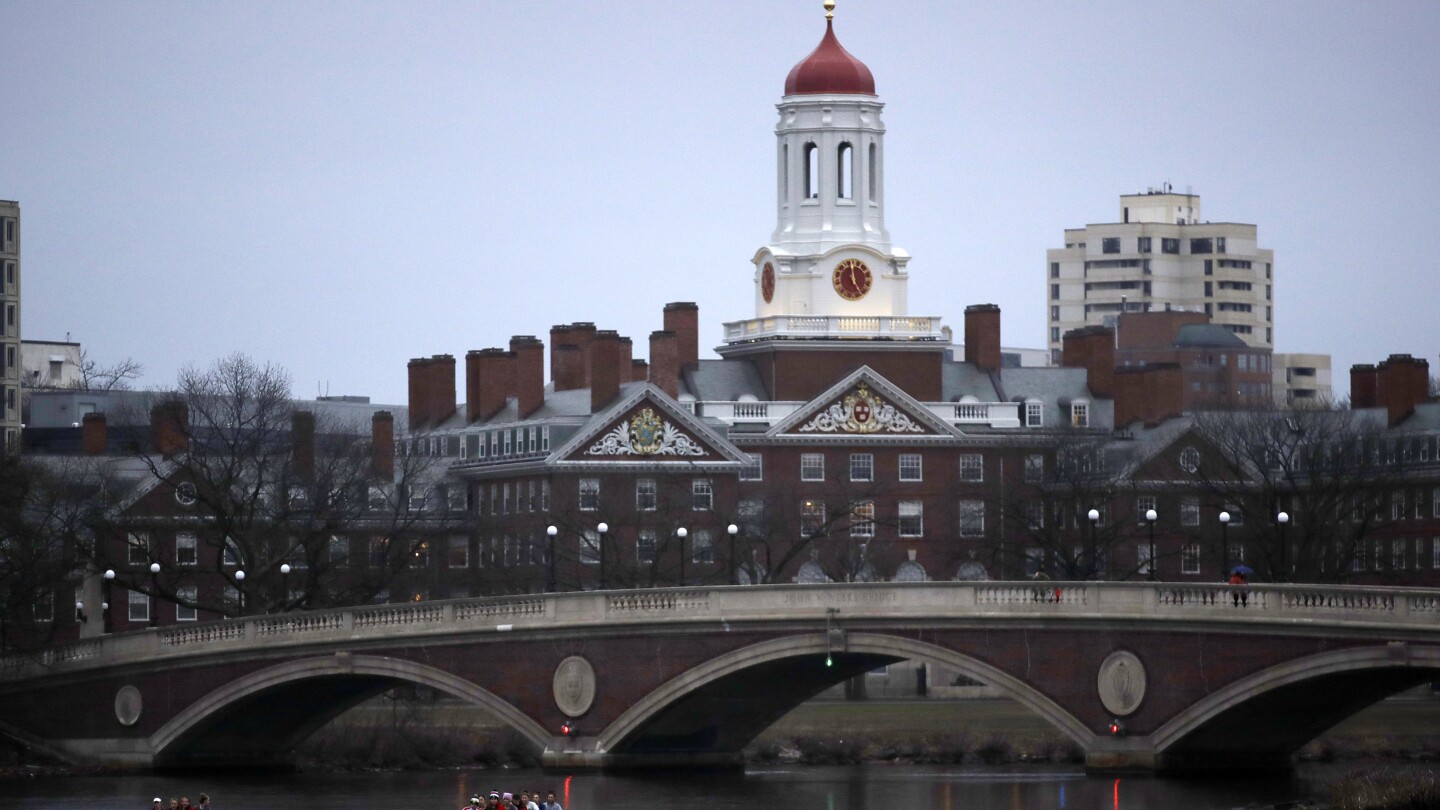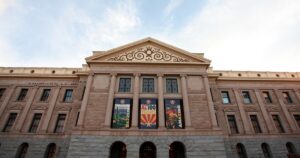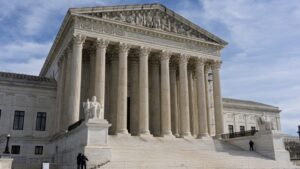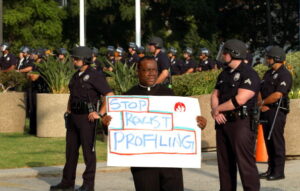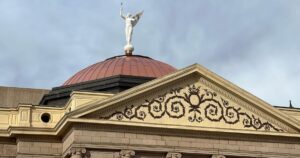In a significant legal decision, the 9th U.S. Circuit Court of Appeals has ruled in favor of President Trump, allowing him to maintain control over the deployment of the California National Guard. This ruling comes amid ongoing debates about the extent of presidential powers and has the potential to influence future decisions regarding federal intervention in state matters.
The case, which has now reached a critical juncture just one step below the Supreme Court, revolves around the president’s authority to deploy the National Guard without the consent of California Governor Gavin Newsom. As detailed in AP’s previous reporting, the lawsuit has been closely watched due to its implications on state versus federal powers.
Judicial Analysis and Decision
The appellate court, composed of a three-judge panel, delivered a unanimous decision asserting that President Trump likely acted within his legal rights to federalize the control of California’s National Guard. The judges highlighted that while presidential power over state guards is not absolute, the administration had successfully demonstrated a valid justification for its actions.
According to the court document, the federal government argued that the intervention was necessary due to a series of violent incidents during protests. These included attacks on federal officers and damage to federal property, which underscored the “significant” federal interest in maintaining order. The court elaborated: “The undisputed facts demonstrate that before the deployment of the National Guard, protesters ‘pinned down’ several federal officers and threw ‘concrete chunks, bottles of liquid, and other objects’ at the officers. Protesters also damaged federal buildings and caused the closure of at least one federal building. And a federal van was attacked by protesters who smashed in the van’s windows,” as stated in the court’s opinion.
Despite arguments that the federal government did not properly notify Governor Newsom as required, the court found that this did not grant the governor the authority to obstruct the president’s directive.
Broader Implications
This legal battle could have significant consequences for the scope of presidential power, particularly regarding the deployment of military forces within U.S. borders. The decision coincides with actions by the Trump administration to prioritize deportations in Democratic-led cities, raising questions about federal reach and executive authority.

